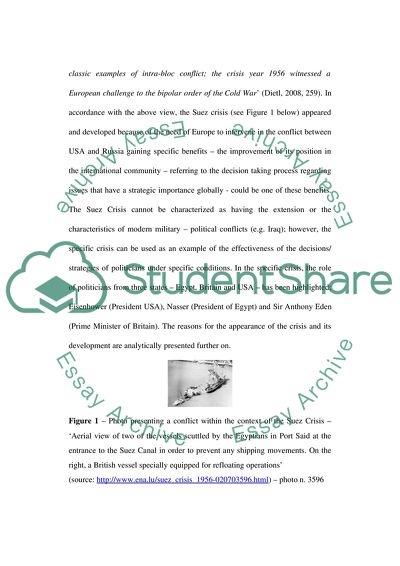Cite this document
(To What Extent Was the Conclusion of the Suez Crisis Based on the Work Research Paper, n.d.)
To What Extent Was the Conclusion of the Suez Crisis Based on the Work Research Paper. Retrieved from https://studentshare.org/history/1718666-to-what-extent-was-the-conclusion-of-the-suez-crisis-based-on-the-work-of-eisenhower
To What Extent Was the Conclusion of the Suez Crisis Based on the Work Research Paper. Retrieved from https://studentshare.org/history/1718666-to-what-extent-was-the-conclusion-of-the-suez-crisis-based-on-the-work-of-eisenhower
(To What Extent Was the Conclusion of the Suez Crisis Based on the Work Research Paper)
To What Extent Was the Conclusion of the Suez Crisis Based on the Work Research Paper. https://studentshare.org/history/1718666-to-what-extent-was-the-conclusion-of-the-suez-crisis-based-on-the-work-of-eisenhower.
To What Extent Was the Conclusion of the Suez Crisis Based on the Work Research Paper. https://studentshare.org/history/1718666-to-what-extent-was-the-conclusion-of-the-suez-crisis-based-on-the-work-of-eisenhower.
“To What Extent Was the Conclusion of the Suez Crisis Based on the Work Research Paper”, n.d. https://studentshare.org/history/1718666-to-what-extent-was-the-conclusion-of-the-suez-crisis-based-on-the-work-of-eisenhower.


